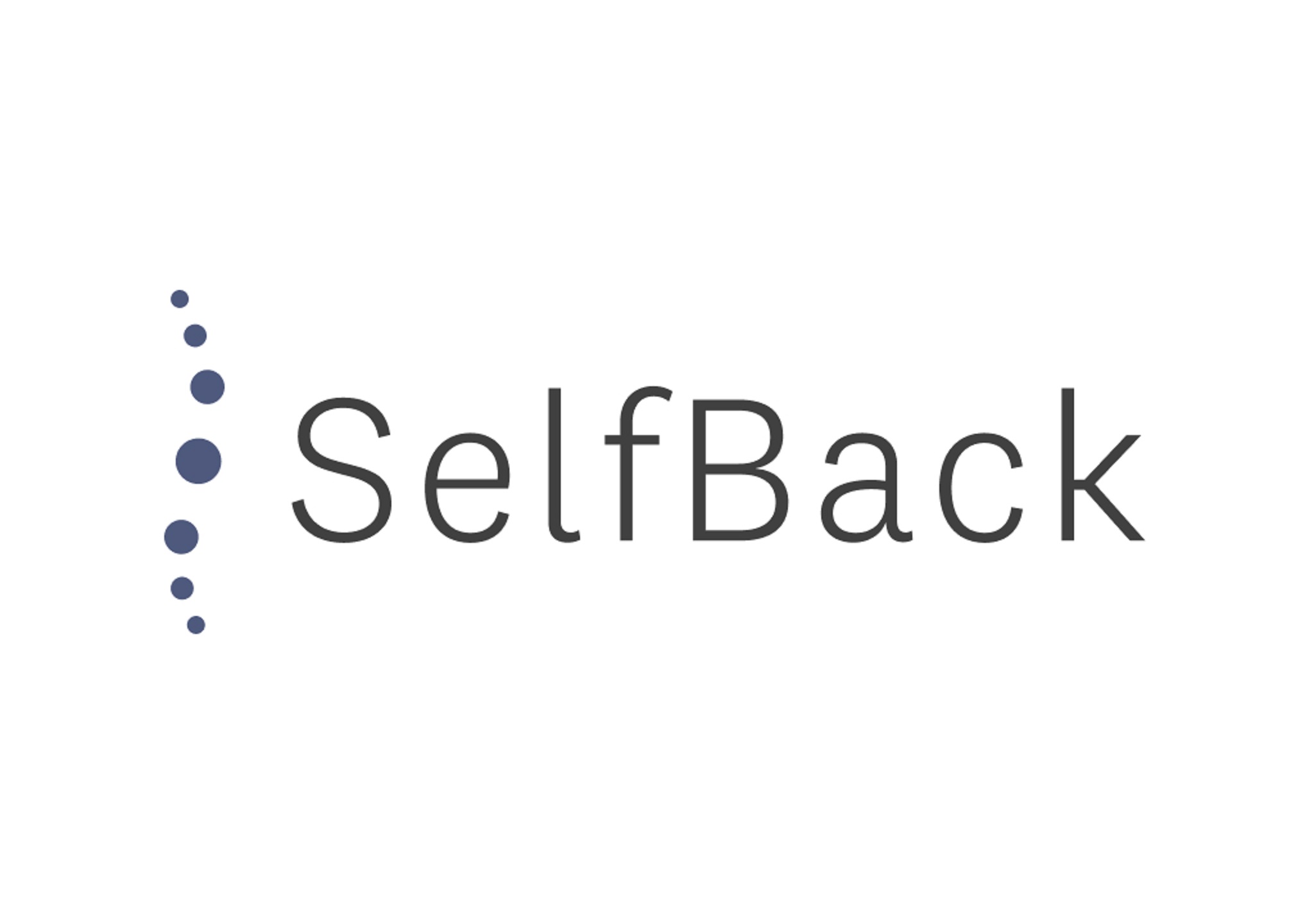
A recent study found that using an individually tailored artificial intelligence (AI)-based app for musculoskeletal care did not provide significant benefits compared to usual care with or without web-based self-management support. The study compared the app, called SELFBACK, to a non-customized web-based support service and usual care alone. Despite slight differences in outcomes, there was insufficient evidence to conclude that the app offered substantial advantages. Further research is needed to better understand the effectiveness of digital self-management resources.
The effectiveness of an individually tailored artificial intelligence (AI)-based application for treating musculoskeletal health issues, such as neck and low back pain, was found to be insignificant compared to usual care with or without web-based self-management support, according to recent research.
In 2020, the World Health Organization reported that around 619 million individuals worldwide experienced some form of low back pain, a number projected to rise to 843 million by 2050. Treating these conditions necessitates consistent self-management, prompting researchers to explore how smartphone applications can be integrated into musculoskeletal pain treatment. Specifically, they compared the outcomes of usual care augmented with a customized self-management AI-based app to usual care alone or combined with web-based self-management tools.
The AI-based app, named SELFBACK, was designed to provide personalized self-management support, while the web-based self-management support service, called e-Help, was not tailored to individual patients.
The study recruited individuals aged 18 and above with neck and low back pain who were on a specialist care waiting list. Out of 377 patients assessed for eligibility, 294 were included in the study, with the rest excluded due to incomplete questionnaires or lack of eligibility. The mean age of the participants was 50.6, and 173 were women.
Between July 9, 2020, and April 29, 2021, the enrolled patients were randomly assigned to one of three groups: app-based custom self-management support alongside usual care (app group), web-based non-custom self-management support combined with usual care (e-Help group), or usual care alone (usual care group). Follow-ups with all three groups occurred six months later.
Out of the 294 study participants, 99 were in the app group, 98 in the e-Help group, and 97 in the usual care group. The primary outcome measure was a change in musculoskeletal health, assessed at the three-month mark using the Musculoskeletal Health Questionnaire (MSK-HQ). Secondary outcomes included musculoskeletal health measured at six weeks and six months using the same scale, as well as pain-related disability, pain intensity, pain-related cognition, and health-related quality of life at the six-week, three-month, and six-month time points.
At the three-month mark, 82.7 percent of the study population had sufficient data for the primary outcome assessment. The researchers found that the adjusted mean difference in MSK-HQ scores between the app group and the usual care group was 0.62 points, while it was 1.08 points between the app group and the e-Help group.
However, despite these differences, there was insufficient evidence to conclude that the app group experienced more significant benefits compared to the other groups. The researchers emphasized the need for further research to gather additional evidence on the effectiveness of digital self-management resources.
Previous studies have also shown mixed results regarding smartphone-based interventions. For instance, research from December 2022 indicated that a smartphone intervention yielded inconsistent outcomes in treating patients with bipolar disorder. While the tool reduced depressive symptoms and improved relational quality of life, it did not significantly impact the time to relapse, the primary outcome measure of the study.
